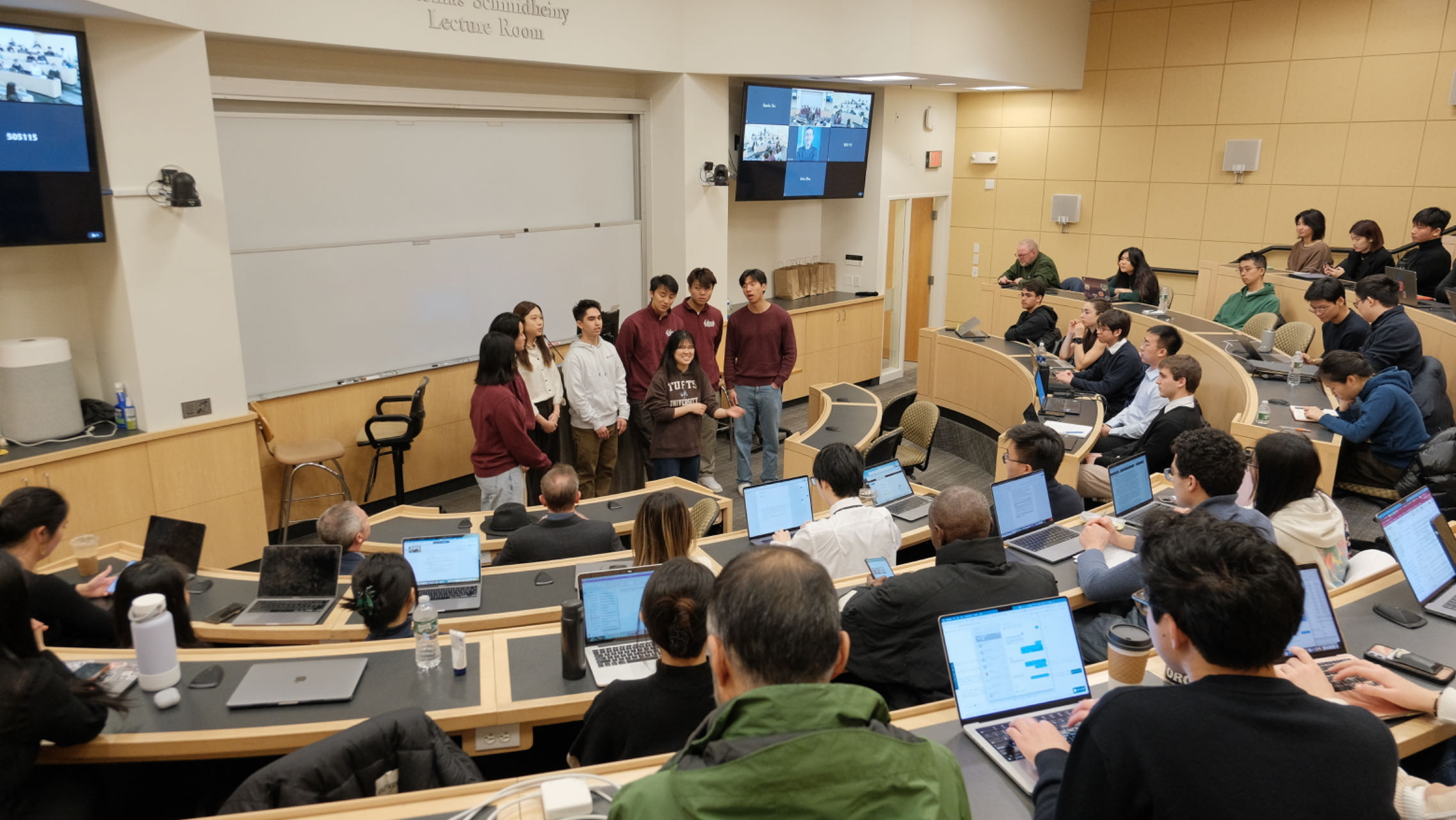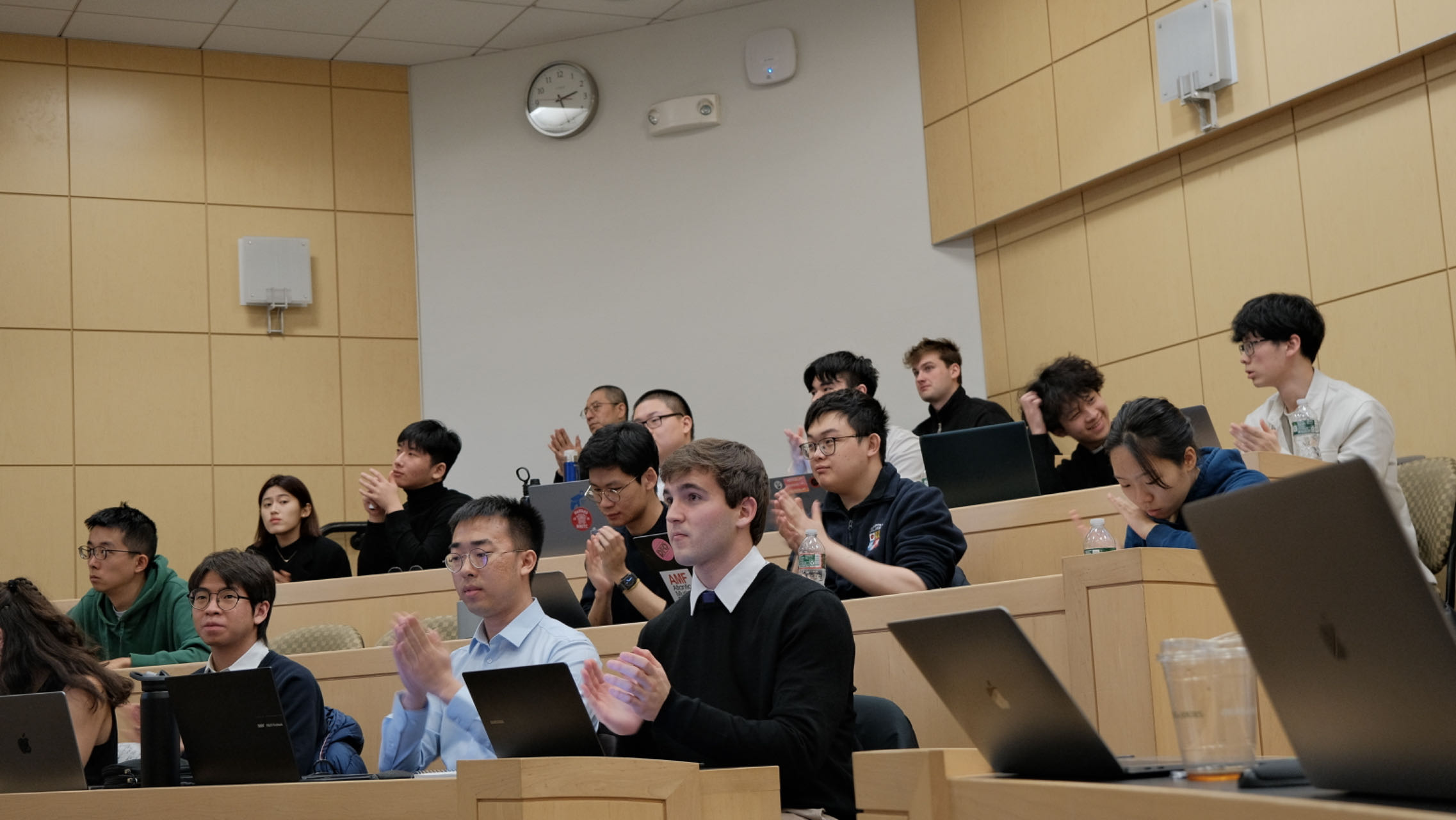Sino-U.S. Relations Group Engagement (SURGE) is an undergraduate group at Tufts created to promote and expand the understanding of the world’s largest bilateral economic and political relationship. For more than a decade, the club has moderated student discussions, sponsored book talks, published newsletters, and hosted a yearly China-U.S. Symposium in order to explore every facet of the Sino-U.S. relationship and the broader East Asian region—from economy, technology, to geopolitics. SURGE does not exclusively focus on international relations and has long tried to blend the different realms of business, culture, and academia on both sides of the Pacific. In a time of great animosity and tension between the two nations, SURGE seeks out practical and informed ways to bridge the gap and build stronger ties on issues that unite us. We hope that the efforts of SURGE will not only improve awareness and foster understanding, but also to build a lasting legacy that Tufts students can take with them to their professional careers.


